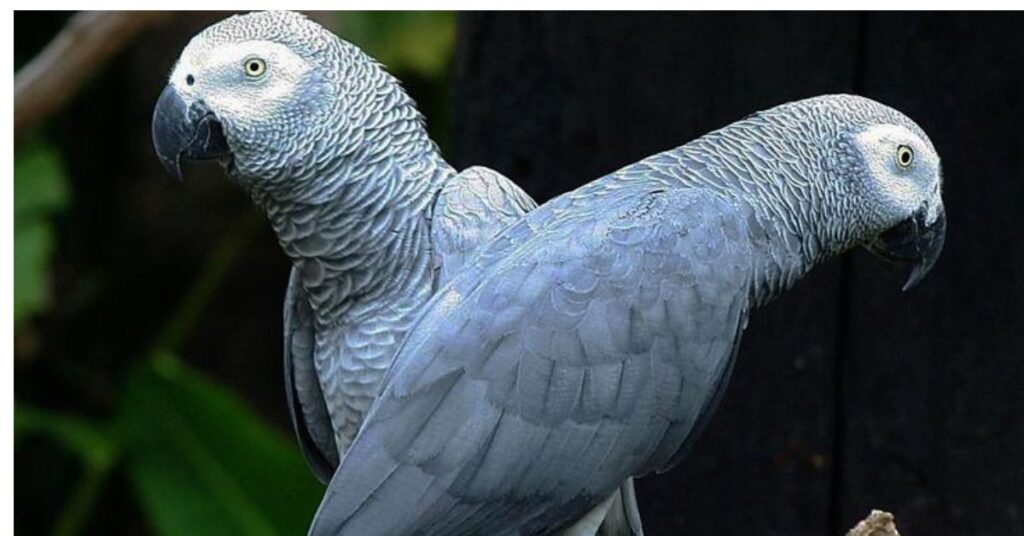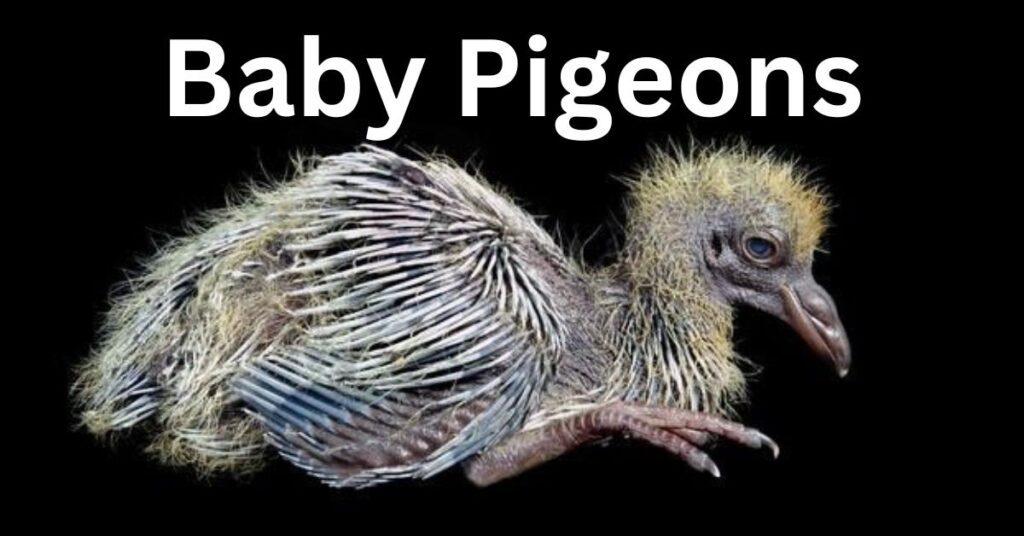Introduction
Thinking about getting an African Grey Parrot? Or just curious about these amazing birds? You’re in the right place! African Greys are not just regular parrots—they’re some of the smartest, most talkative pets you can own. This guide will break down everything you need to know, from lifespan and care to training and talking ability.

African Grey Parrot Overview:
African Grey Parrots (Psittacus erithacus) are medium-sized birds famous for their intelligence and ability to mimic human speech. Originally from the rainforests of West and Central Africa, these birds have captivated pet lovers worldwide.
- Scientific Name: Psittacus erithacus
- Common Names: Grey African Parrot, Congo African Grey Parrot, Timneh African Grey Parrot
- Size: 12-14 inches (30-36 cm)
- Weight: 400-600 grams
- Lifespan: 40-60 years (in captivity)
How Long Do African Grey Parrots Live?
One of the most common questions: How long can an African Grey Parrot live?
- In the wild: 23-25 years
- In captivity: 40-60 years
- Oldest recorded: Over 75 years!
What Affects Their Lifespan?
- A healthy diet
- A stress-free environment
- Mental stimulation
- Regular vet check-ups
How Smart Are African Grey Parrots? Can They Talk?
If you want a bird that can actually talk back, an African Grey is a top choice! These parrots aren’t just mimicking—they can understand meanings and even form simple sentences.
- Intelligence Level: Comparable to a 5-year-old child
- Talking Ability: Can learn over 100 words and phrases
- Famous Parrot: Alex the African Grey learned over 100 words and could count!
Training Tips for Talking:
- Repeat words often
- Use words in the right context
- Reward them with treats for speaking correctly
How Much Does an African Grey Parrot Cost?
African Greys aren’t cheap, but their price varies based on several factors.
- Average Price: $1,500 – $4,000
- What Affects the Price?
- Breeder reputation
- Hand-raised vs. wild-caught
- Congo vs. Timneh species
Want a more affordable option? Look into adoption from a rescue center!
What Do African Grey Parrots Eat?
A proper diet is crucial for a happy, long-living African Grey.
Best Foods:
- Pellets (60-70%) – The main part of their diet
- Fruits & Veggies – Apples, carrots, kale, bell peppers
- Nuts & Seeds – In moderation as treats
Foods to Avoid:
🚫 Avocado
🚫 Chocolate
🚫 Caffeine
🚫 Salty or sugary foods
Always provide fresh water daily!
Best Cage Setup for an African Grey
Your parrot’s home is super important for their health and happiness.
- Cage Size: At least 36″x24″x48″
- Must-Have Items:
- Natural wood perches
- Chewable toys
- Interactive puzzles
- Cage Placement: Keep away from drafts, smoke, and direct sunlight
Common Health Issues & How to Prevent Them
African Greys are tough, but they can develop health problems if not cared for properly.
Common Issues:
- Feather Plucking: Caused by boredom or stress
- Respiratory Infections: Symptoms include sneezing and nasal discharge
- Calcium Deficiency: Leads to weak bones and even seizures
Prevention Tips:
✔ Regular vet visits
✔ Lots of mental stimulation
✔ A balanced diet
✔ Social interaction every day
Different Types of African Grey Parrots
There are two main types of African Grey Parrots:
- Congo African Grey (Psittacus erithacus erithacus) – Larger, lighter gray, bright red tail
- Timneh African Grey (Psittacus erithacus timneh) – Smaller, darker gray, maroon tail
Fun Facts About African Grey Parrots
🐦 They can live over 60 years with good care!
🗣 They are one of the only birds that can use words in context.
🧠 They have problem-solving skills and can even use tools.
Should You Get an African Grey Parrot?
African Greys are amazing pets, but they require a lifelong commitment. If you’re ready to provide:
✔ Mental stimulation
✔ Regular interaction
✔ Proper diet and care
Then an African Grey Parrot might be perfect for you! 🦜💡
Thinking about adopting one? Research reputable breeders or adoption centers to find the right match!


